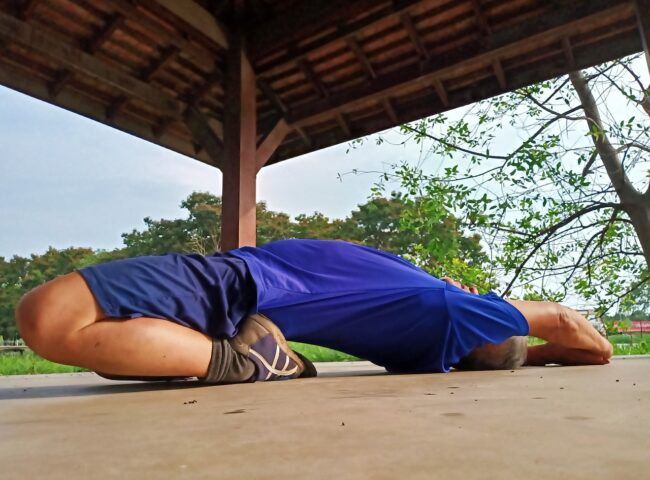Explore the profound link between physical activity and mental health in this informative guide. Discover how exercise positively impacts mood, reduces stress, and promotes overall mental well-being.
The Powerful Connection Between Physical Activity and Mental Health: Elevate Your Well-Being
It’s no secret that regular physical activity brings a myriad of benefits to our physical health, from boosting cardiovascular fitness to enhancing muscular strength. However, the wonders of exercise extend far beyond the realm of the physical. The connection between physical activity and mental health is a profound one, with significant positive implications for our emotional well-being. In this guide, we delve into the intricate relationship between exercise and mental health, highlighting how staying active can contribute to a happier, calmer, and more balanced mind.
Understanding the Mind-Body Connection:
The mind and body are intrinsically linked, with one’s state affecting the other. Regular physical activity influences mental health through various mechanisms:
- Mood Enhancement: Exercise triggers the release of endorphins—feel-good chemicals that alleviate stress, boost mood, and promote a sense of happiness.
- Stress Reduction: Engaging in physical activity helps to reduce cortisol levels—the body’s stress hormone—leading to decreased stress and anxiety.
- Neurotransmitter Regulation: Exercise positively affects neurotransmitters like serotonin and dopamine, known for their role in mood regulation and pleasure.
- Enhanced Self-Esteem: Achieving fitness goals and feeling physically stronger can improve self-esteem and body image, leading to a more positive self-perception.
- Cognitive Benefits: Regular physical activity supports cognitive function by enhancing memory, focus, and overall brain health.
Exercise and Mental Health: A Mutual Relationship:
The relationship between physical activity and mental health is reciprocal:
- Boosted Motivation: Engaging in exercise fosters a sense of accomplishment and motivation, which can spill over into other areas of life.
- Stress Relief: Physical activity provides an effective outlet for stress, helping you manage life’s challenges with a clearer mind.
- Improved Sleep: Regular exercise promotes better sleep quality, contributing to improved mental clarity and emotional resilience.
- Social Interaction: Group activities and fitness classes facilitate social connections, combating feelings of isolation and loneliness.
- Mindfulness: Activities like yoga and mindful walking combine movement with mindfulness, promoting mental clarity and relaxation.
Making Physical Activity a Part of Your Mental Health Routine:
- Find What You Enjoy: Choose activities you genuinely enjoy, whether it’s dancing, hiking, yoga, or team sports.
- Set Realistic Goals: Set achievable fitness goals to experience the sense of accomplishment that comes with progress.
- Consistency Matters: Aim for regular physical activity, as consistency is key to reaping the mental health benefits.
- Listen to Your Body: Pay attention to how exercise makes you feel physically and emotionally, adjusting intensity as needed.
- Variety Keeps It Fresh: Mix up your activities to prevent monotony and keep your mind engaged.
The relationship between physical activity and mental health is a dynamic and mutually reinforcing one. By integrating regular exercise into your routine, you can harness its powerful effects on mood, stress reduction, and overall mental well-being. Whether it’s a brisk walk, a calming yoga session, or an invigorating workout, each step you take towards physical activity is a stride towards a healthier mind and a more vibrant life.







Leave feedback about this